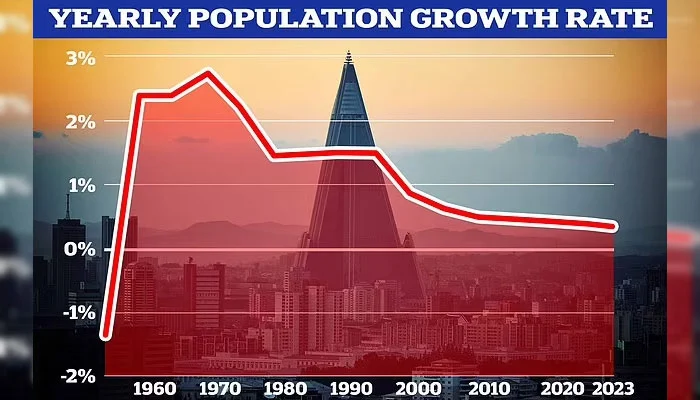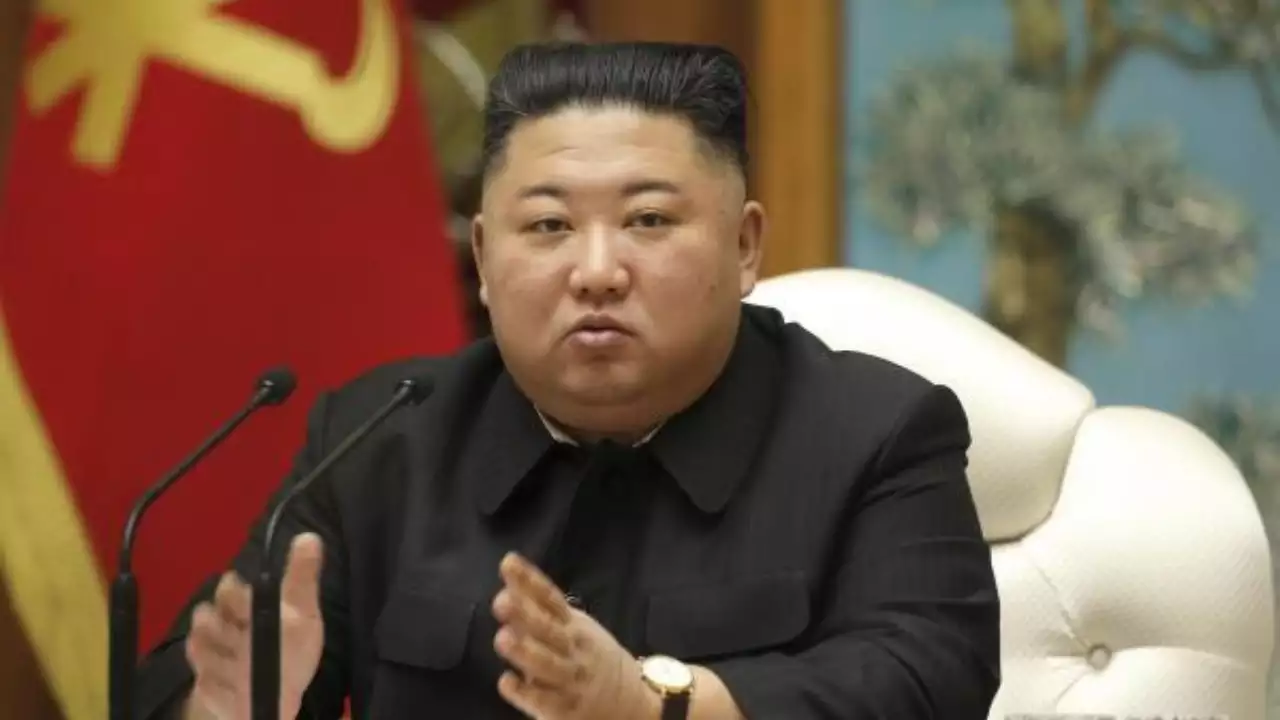In a rare display of emotion, North Korean leader Kim Jong Un delivered a heartfelt appeal for population growth, shedding tears during the first National Mothers’ Meeting held in Pyongyang in over a decade. The event, attended by thousands of women adorned in traditional attire, carried a somber tone as Kim emphasized the collective responsibility of preventing the nation’s declining birth rate to strengthen its national power.
Kim Jong Un, flanked by male officials, urged mothers to instill communist values in their children, fostering a sense of unity and purpose. The emotional plea, captured in images released by North Korea’s state media, showcased moments of both tears and applause from the audience.
Addressing the attendees as “Dear Mothers,” Kim Jong Un highlighted the pivotal role of mothers in tackling social tasks and promoting the values of the communist party. The event unfolded amid concerns about North Korea’s declining birth rate, with limited available statistics making it challenging to precisely gauge population trends.
South Korea’s government estimates indicate a continuous decline in North Korea’s fertility rate over the past decade, impacting the nation’s reliance on mobilized labor for its economy. Kim’s impassioned plea aligns with efforts to counterbalance the larger population of South Korea.

Various factors, including urbanization, delayed marriage, and increased women’s participation in the workforce, have contributed to the decline in fertility rates. Despite North Korea’s provision of benefits for larger families, challenges persist due to economic difficulties and global isolation.
Experts point to unique societal challenges influencing North Korea’s fertility decline, noting Kim Jong Un’s public appearances with his daughter, Ju Ae, as potential efforts to promote family values. Despite these concerns, North Korea’s fertility rate remains higher than some neighboring countries facing similar demographic challenges.
Kim Jong Un’s emotional plea at the National Mothers’ Meeting sheds light on the deep concern surrounding North Korea’s declining birth rate. The event not only underscores the unique societal challenges faced by the nation but also reveals the leader’s commitment to fostering unity and encouraging population growth in the face of economic difficulties and global isolation.




